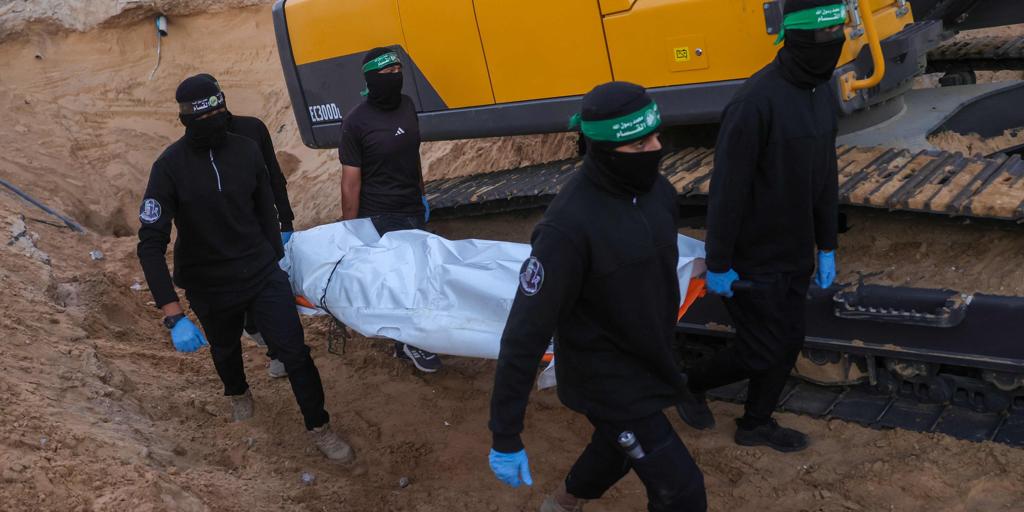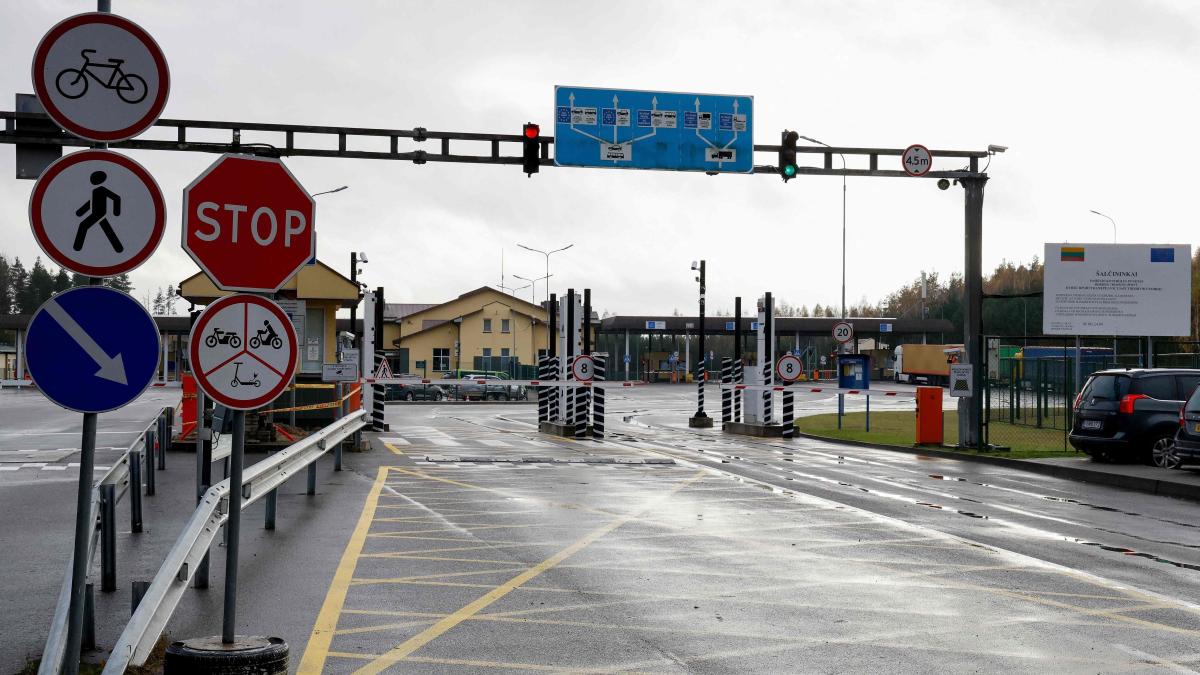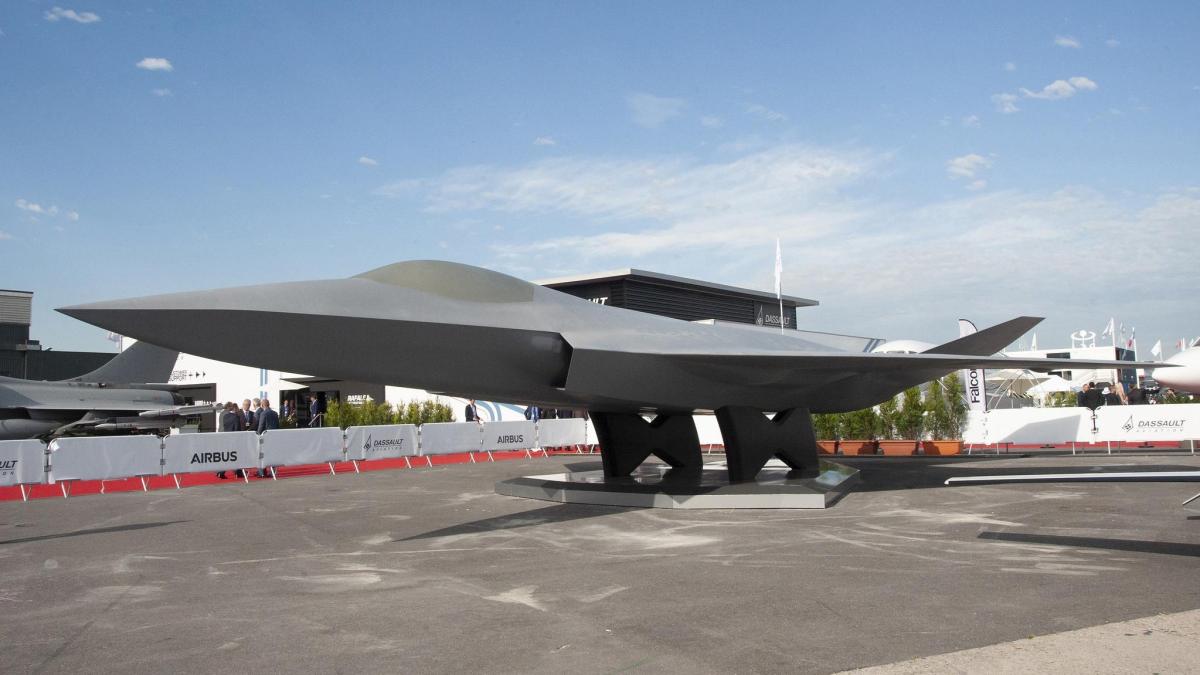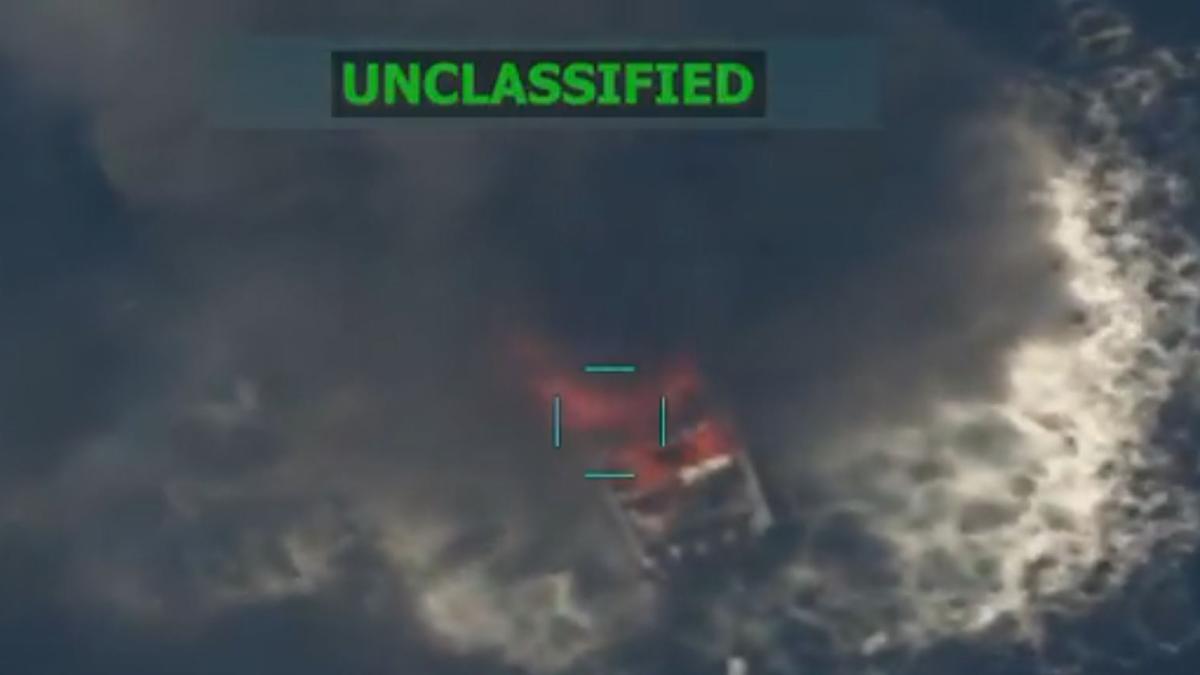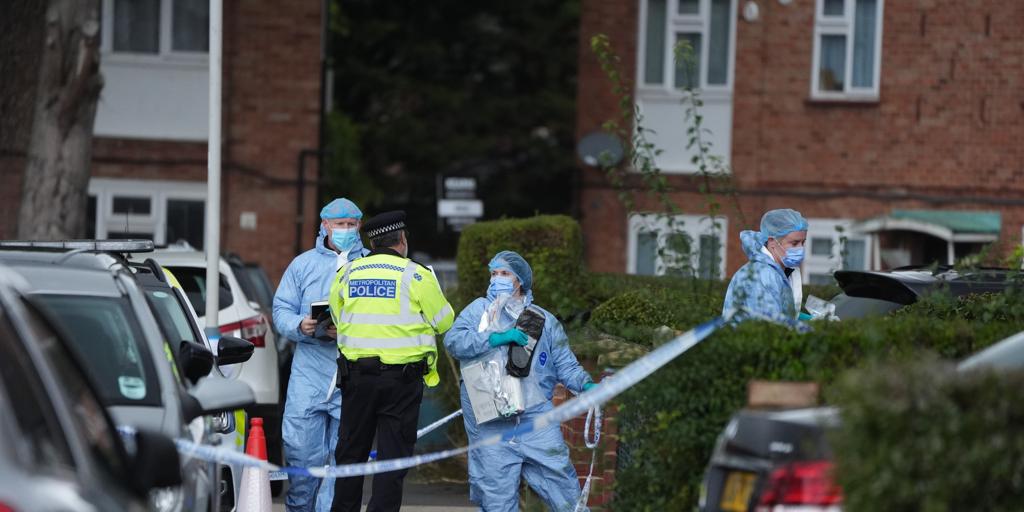“`html
Is Iceland the New Utopia Without an Army?
In a world plagued by armed conflicts, escalating geopolitical tensions, and hybrid threats, one small island country dares to shine like a beacon of hope: Iceland. With a modest population of just over 376,000, this remarkable nation has managed to pull off what most could only dream of—being hailed as the most peaceful country in the world without a standing army. This is not mere coincidence but a calculated strategy that places Iceland at the center of global stability amidst chaos.
The Hidden Truth Behind Iceland’s Remarkable Peace
What’s the secret sauce behind Iceland’s unrivaled tranquility? For starters, the police stroll the streets unarmed, and murders are so infrequent that they occur just once or twice a year. The country has a brimming history devoid of organized armed conflict. This peace is no mystery—it stems from a culture that values social harmony, a transparent democracy with minimal corruption, and a rock-solid commitment to well-being and access to education and healthcare.
Defensive Strategies: More than Meets the Eye
Do not be fooled—though it lacks an army, Iceland has a unique defense structure. Following its independence from Denmark in 1944, Iceland made a bold choice by not forming armed forces. Instead, it relies on a network of multilateral agreements to ensure national safety, including its longstanding membership in NATO since 1949.
As an added layer of protection, Iceland employs specialized police forces, a tactical unit dubbed the Viking Squad, and a Coastal Guard Navy. The United States maintains a strategic presence at the historic Keflavík base, ensuring aerial surveillance over the North Atlantic. While they haven’t stationed permanent troops since 2006, NATO continues to rotate fighters and patrol aircraft to safeguard Icelandic airspace.
Iceland: The Geostrategic Jewel without an Army
The million-dollar question is: How does a country with no military hold such crucial geostrategic importance? The answer lies in its prime location between North America and Europe, right at the critical GIUK Gap, a vital maritime and airspace corridor essential for monitoring enemy submarines and aircraft. With the increase in Russian military provocations in the Arctic, especially after the invasion of Ukraine, Iceland’s strategic value cannot be overstated.
Harnessing Nature’s Bounty: More Than Just Peace
With the climate crisis unfolding, new maritime routes have amplified Iceland’s importance. Routes like the northeastern or transpolar paths could cut shipping times between Europe and Asia by 40%, and many of these routes flow right by this island nation. Its advanced port infrastructure solidifies Iceland’s role as a logistics hub in defense and global trade.
Taking A Stand: Iceland’s Historical Resilience
While many view it as a passive observer, Iceland isn’t just sitting idly by. Its Coastal Guard has displayed its mettle in historical disputes like the Cod Wars between 1958 and 1976, where Icelandic vessels took firm action against British fishing operations to protect its waters. This was a conflict free of gunfire but bursting with grit, showcasing Iceland’s dedication to defending its sovereignty.
With an Exclusive Economic Zone that extends 200 nautical miles, Iceland holds tremendous rights over marine, energy, and mineral resources. It has actively participated in international forums like the Arctic Council, wielding its influence with a focus on multilateralism.
Engaging with Global Powers amidst Rising Tensions
In its strive for economic diversification post-financial crisis, Iceland has built economic bridges to superpowers like China, signing a free trade agreement in 2013. This relationship has since cooled, especially after Russia’s hostile actions like the annexation of Crimea in 2014 and its invasion of Ukraine.
In response to its newfound geostrategic relevance, the United States has pumped significant resources into the Keflavík base, investing around 80 million dollars to bolster its infrastructure for strategic aircraft deployment. While Iceland refrains from forming traditional military forces, it’s actively refining its defense strategy, enhancing cooperation with NATO, Nordic nations, and the EU.
Peace Through Strategy: A Beacon for Others
Iceland’s foreign policy represents a shining example of how sustainable peace does not necessitate an armed force. As Foreign Minister Bjarni Benediktson once boldly declared in 1949:
“My people are disarmed and have been since the time of our Viking ancestors … but our country is, in certain circumstances, of vital importance for the security of the North Atlantic.”
“`


